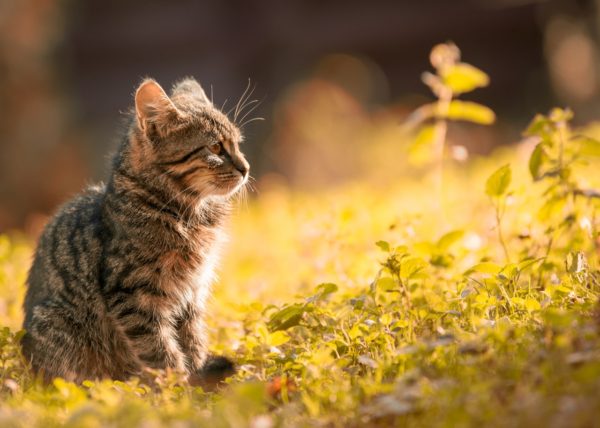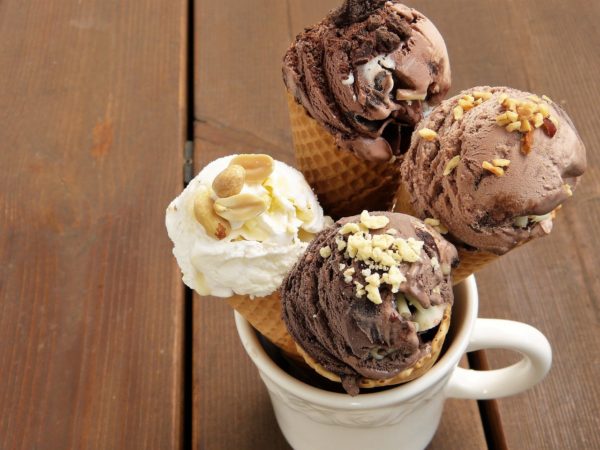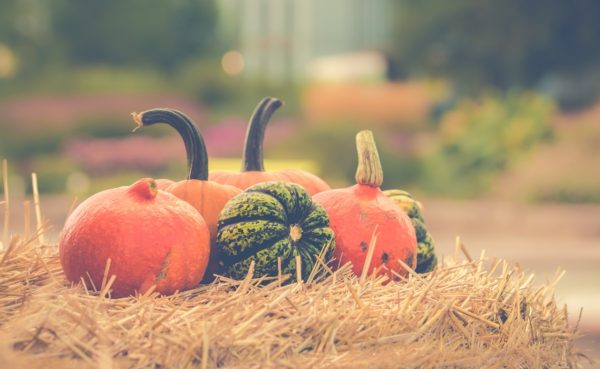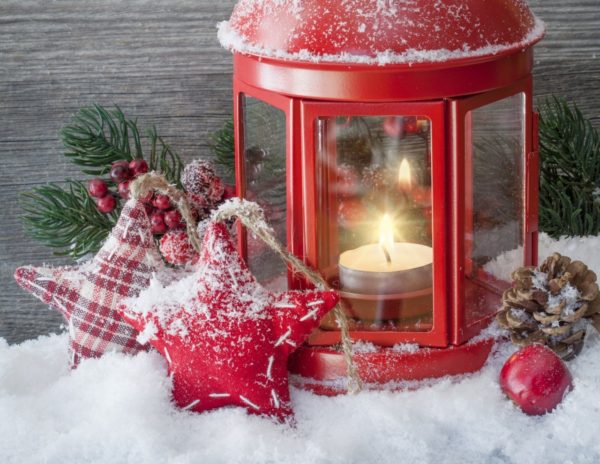You love your cat and want to keep her safe all year long. Staying safe each season while enjoying the celebrations and festivities that come along with them, is an important task for every cat guardian. We’ve compiled some tips to help you keep your cat safe every season of the year.
Spring

Easter Treats and Decorations
- Keep cats away from chocolate and lilies which are both toxic and can be fatal if ingested by cats.
- Some cats like to nibble on plastic Easter basket grass which can cause intestinal blockages so keep cats away from it.
Spring Cleaning
- Almost all household cleaners, including natural ones, contain chemicals that can be dangerous to cats. Read and follow label instructions carefully.
- When opening up windows that have been closed all winter, ensure that window screens are snug and sturdy in all windows to ensure that your cat doesn’t jump or fall through.
Garden Care
- Fertilizers, pesticides and herbicides may be dangerous to cats who go outdoors so follow all label instructions carefully. Some popular plants such as oleander, rhododendrons and azaleas are highly toxic to pets if eaten. Check out the ASPCA’s list of toxic and non-toxic plants for your home and garden here: www.aspca.org/pet-care/animal-poison-control/toxic-and-non-toxic-plants
Allergies
- Like us, cats can suffer from allergic reactions to dust, pollens, and plants as well as insect bites or stings. If your cat exhibits sneezing, itching or life-threatening anaphylactic shock, visit your veterinarian right away.
(Back To Top)
Summer

Heatstroke
- NEVER leave a cat in a parked car! A parked car can quickly become deadly even if the windows are cracked open. A parked car’s interior temperature can reach over 120 degrees in less than five minutes causing brain damage or death. It is against the law to leave a pet in a motor vehicle under “circumstances that could reasonably be expected to cause suffering, disability, or death to the animal.”
- Ensure that your cats, especially outdoor ones, have access to plenty of fresh clean water at all times. When temperatures are extreme, leave your pet indoors in a climate controlled place. If it feels hot to you, it will be hot to your cat.
Fourth of July
- Fireworks and cats don’t mix and the loud noises can terrify your cats. Bring outdoor cats inside to ensure they don’t panic and run away due to the noise. Not all cats can find their way home once lost. Animal shelters see a rise in strays following the Fourth of July.
- Put your cat in a secure, confined area where they feel comfortable and turn on a radio, television or fan to dampen the sound of the fireworks.
- If your cat is especially sensitive consider using Bach Flower Rescue Remedy or talk to your veterinarian about anti-anxiety medication.
“High Rise Syndrome”
- In the warmer months, veterinarians see an increase in the number of pets that fall out of windows or doors and are seriously injured or killed. Keep unscreened windows and doors in your home closed and make sure all screens are secured tightly.
(Back To Top)
Autumn

Halloween
- Keep cats safe by confining them indoors during Halloween week. Cats can become the victims of Halloween pranks and cruelty.
- Pets should be kept indoors in a confined room when trick-or-treaters are visiting. The commotion of ringing doorbells and people in costume can be stressful to your cat and she may try to escape out the door.
- Keep cats away from lit pumpkins and candles.
- Halloween candy should never be given to cats as it can be hazardous. Candy wrappers can be enticing toys to cats and can cause intestinal blockages if ingested.
Thanksgiving
- Stick to your cat’s regular diet. While a small piece of boneless, cooked turkey or a lick of pumpkin are probably ok, too much Thanksgiving food can cause stomach upset, diarrhea, or pancreatitis.
- Keep your cat away from turkey bones and carcasses which can cause choking, digestive upset and salmonella poisoning. Securely dispose of bones and carcasses in double plastic bags placed in a secure garbage bin.
(Back To Top)
Winter

Holiday Season
- Christmas trees pose many potential dangers to cats. Cats are often attracted to the tree’s needles, ornaments, and water, which all pose significant dangers. Anchor your Christmas tree to a wall to keep it from tipping over should your cat get too curious. Hang all glass and breakable ornaments on upper branches away from your cat’s reach. Broken ornaments, if ingested, can puncture the GI tract. Consider switching to wood, plastic, fabric or other unbreakable ornaments. Avoid tinsel which is enticing and dangerous to cats. Sweep up fallen needles immediately so your cat doesn’t snack on them. Tree needles can damage the stomach or intestines. If you have a live Christmas tree, cover the water basin to keep cats from ingesting fertilizer or bacteria.
- Holly, mistletoe, lilies and poinsettia are all toxic plants if ingested by your cat. Avoid them and opt for other decorating options.
- Don’t leave candles unattended as cats may burn themselves or start a fire if they knock them over. Consider newer “flameless” candles as decorative options.
- Keep electrical wires out of paws’ reach as they can cause electrical shock.
- When hosting a party, confine your cats in a secure room with a “Do Not Open” sign on the door along with food, water and a litter box. While it may seem fun to include your cat in the festivities, parties are inherently stressful to cats and they will be safer and more relaxed kept away from the hub-bub. If your animal loving friends want to give your cat some attention, invite them into this private room for a nice petting session.
- If you have houseguests, ask them to keep food and medication zipped up, and locked away behind closed doors.
- New Year’s Eve poses several dangers to be aware of. Fireworks, cow bells, and noisy poppers can terrify cats causing them to panic and flee. Confine your cat in her own secure room with food, water and litter box along with a “Do Not Open” sign on the door. She will be safer and more comfortable in a secure room. Turn on a radio, television or fan to dampen the noise from revelry. Strings and confetti can become lodged in a cat’s intestinal tract and cause blockages that require surgery so clean up all party messes immediately.
Cold Weather
- While we are blessed with a temperate climate in California, it’s still important to protect your cat from the cold. Do not leave indoor/outdoor cats outside at night as they are not acclimated to the cold and can suffer hypothermia. Provide outdoor cats with waterproof, warm shelters such as a garage, shed, or Feral Villa (www.feralvilla.com) and provide clean, dry bedding. Straw is an excellent insulator and can be used as bedding in cat houses. Be sure to purchase straw, NOT hay! Hay will absorb moisture in the air and become cold and wet.
- Before starting your car, bang on the hood to give any cats who might be sleeping in the engine, a chance to escape. Cats often sleep under the hood of cars for warmth.
- Never leave a pet in a car during the winter as the interior can act like a refrigerator holding in cold air.
(Back To Top)
